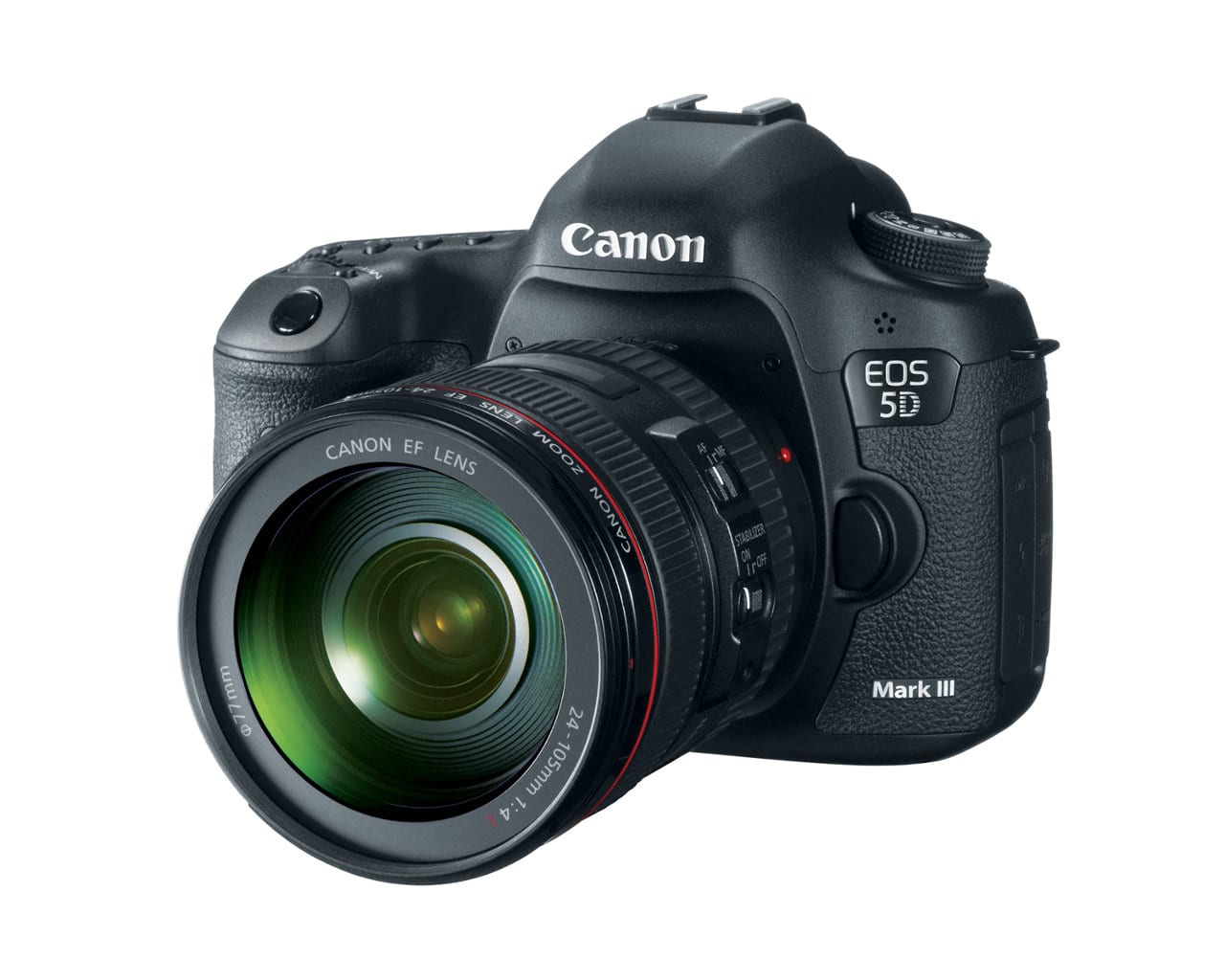Many of us grew up in a world with little or no financial privacy, as financial surveillance became the norm decades ago. Today, Bitcoin is emerging as an alternative to banks — and some see it as a shadowy haven for criminals due to ‘privacy’. Aside from the ignorant notion that privacy is inherently criminal, Bitcoin is a Distributed Ledger Technology (DLT) with a public blockchain. This means that it isn’t private. All transactions occurring on Bitcoin are publicly viewable via block explorers.
A block explorer is a website or app that formats blockchain data in a human-readable fashion.What Bitcoin doesn’t do is collect and store KYC data (which is stolen from financial institutions and used by identity thieves) that links your identity to your transactions. It collects no contact information. To be fair, it isn’t difficult to create new Bitcoin wallets and avoid revealing your transaction history. This article focuses on common privacy pitfalls and how to protect your transaction history.
The stores and service providers that you shop at with Bitcoin might (and often will) collect your personal information and link it to your Bitcoin wallet address. This could turn Bitcoin into a vast surveillance medium if you don’t follow the best practices, which include but are not limited to:
- Avoid reuse of the same wallet address: For security reasons (as well as privacy), the reuse of wallet addresses is inadvisable. From a privacy standpoint, the reuse of wallet addresses means that more of your financial activity is associated with that address. Over time, this address will be associated with your name by every person and organization you have transacted with. They will be able to view your entire transaction history is you use the same address with all of them. This is an easy problem to avoid if you have one of the many wallet apps that generates a new receiving address for you every time you click the wallet’s ‘receive’ or ‘request payment’ button.
- Avoid using custodian institutions, payment processors, and centralized exchanges for Bitcoin transactions: Considering that centralized exchanges and custodians usually can’t resist selling your data (after associating it with your name and contact information), I wouldn’t trust them not to associate your transactions with your contact info and sell your transaction history. Bitcoin has its own transaction processing system built in, so you don’t need any of the institutions mentioned above!
- Protect your IP address: Your IP address is more unique than your name, and it is visible to every website you visit. Whichever online store you may be buying from is likely collecting that plus your contact information. Use a good VPN to conceal your real IP address. It’s important that you don’t skimp and use a free one (those usually collect and sell your data).
- Protect your e-mail – It’s more unique than your name: For privacy and security reasons (since hackers use leaked emails to log into the sites you visit across the Internet), you should avoid reusing email addresses. This is not the simplest task, but you can sign up for a paid email plan and get several addresses (for example: ProtonMail). You can also have one unimportant address for services you don’t know well or care about, and one or two other emails for the stores you shop at and one only for financial institutions (to avoid cross-linking and hacking). Your e-mail address is more unique than your name and can be used to gather more information about you (if you use that email across multiple services).
- Only send your wallet address to people if they need to pay you. Your wallet address can be looked up in a block explorer to view its transaction history.
- Keep your phone number to yourself – It’s more unique (and more valuable to prying eyes) than your name: Your phone number is a unique identifier that is used to identify you across different apps, websites and services. Many services require it, unfortunately.
All these efforts will go a long way towards protecting your privacy when using Bitcoin. However, privacy coins (for example: Monero and ZCash) are built to protect your privacy. It’s likely that as Bitcoin becomes more mainstream, more people will realize that Bitcoin’s blockchain is public and they’ll start paying attention to privacy.
Further reading: How to create a Bitcoin wallet.







